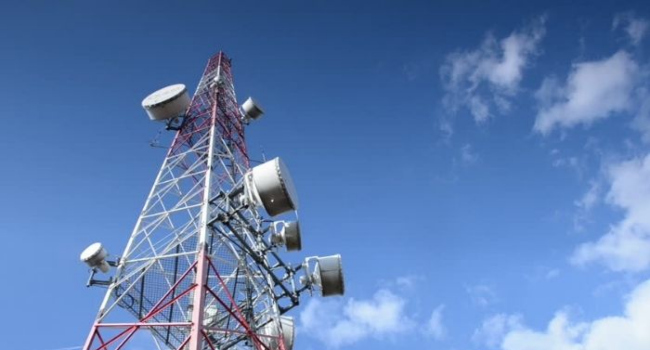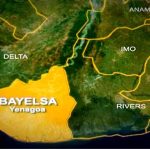The Nigeria Labour Congress (NLC) has urged Nigerians to reject the Federal Government’s approval of a 50% hike in telecommunications tariffs, describing it as an excessive burden on citizens already struggling with economic challenges.
In a statement shared on its X handle, the NLC declared, “Reject This Tariff,” voicing strong opposition to the increment. This is the first telecom tariff increase in over a decade, aimed at supporting the struggling telecommunications sector, which contributes approximately 14% to Nigeria’s GDP.
The tariff adjustment raises call rates from N11 to N16.50 per minute, SMS charges from N4 to N6 per message, and data bundle costs from N287.50 to N431.25 per gigabyte. Despite the operators initially pushing for a 100% hike, the Federal Government approved a 50% increase.
The NLC described the hike as “another burden too harsh on Nigerians,” calling on subscribers to resist the policy. The organization expressed concern over the compounding financial pressures on citizens, especially amidst widespread inflation and declining purchasing power.
Broader Criticism of Federal Policies
The NLC President, Joe Ajaero, criticized the Federal Government’s recent allocation of N8 billion for sensitizing Nigerians on paying electricity bills. He argued that the focus should instead be on addressing the systemic failures in the power sector.
Ajaero lambasted the frequent collapse of the national power grid under the current administration, labeling it a sign of gross incompetence. He further called for the resignation of the Minister of Power, Adebayo Adelabu, and other key officials in the ministry.
“If the Ministry of Power is manned by competent officials, the now embarrassing constant grid collapse would have been averted. The frequency of grid collapses under this administration exceeds the combined incidents in Nigeria’s history,” Ajaero stated.
Additionally, Ajaero faulted the controversial electricity band and migration system, labeling it discriminatory and exploitative. He questioned the rationale behind placing consumers into different bands based on location or service provider criteria, adding, “In countries aiming for 24-hour power supply, such segregation is unheard of.”
Public Reaction and Advocacy
The NLC’s call to action has sparked widespread discussions, with many Nigerians expressing frustration over rising costs in essential sectors. Advocacy groups and unions have begun mobilizing for potential protests to resist the tariff hike and demand accountability in the power and telecom sectors.
The NLC reiterated its commitment to protecting the interests of Nigerians and called on the government to prioritize policies that alleviate, rather than exacerbate, the economic struggles of citizens.




2 Comments